Key Features:
- M.2 SSD Compatibility:
- Interface Support: Usually supports both SATA and NVMe (PCIe) M.2 SSDs. It’s important to verify the specific model for compatibility with your SSD type.
- Size Compatibility: Generally accommodates various M.2 sizes such as 2230, 2242, 2260, and 2280. Ensure your SSD size matches the case’s specifications.
- USB Interface:
- USB-C or USB-A: Many SSK M.2 cases come with either USB-C or USB-A connectors, providing flexible connectivity options. USB-C is preferred for its speed and reversibility.
- High-Speed Data Transfer: Supports high-speed data transfer protocols such as USB 3.1 or USB 3.2, ensuring fast read and write speeds for your M.2 SSD.
- Thermal Management:
- Heat Dissipation: Often designed with heat sinks or thermal pads to help manage the heat generated by the SSD, which is crucial for maintaining performance and longevity.
- Durable Build:
- Material: Typically constructed from aluminum or other heat-dissipating materials, offering durability and protection for the SSD.
- Design: Compact and lightweight, making it easy to carry and integrate into various setups.
- Plug-and-Play Functionality:
- No Additional Drivers Needed: Most cases are plug-and-play, allowing for easy connection without needing extra drivers or software.
- LED Indicators:
- Power and Activity Indicators: Some models come with LED indicators to show power status and data activity, which can be useful for monitoring the operation of the SSD.
- Tool-Free Installation:
- Ease of Use: Many cases feature a tool-free design, allowing you to install the M.2 SSD quickly and easily without needing additional tools.
- Compatibility with Various Operating Systems:
- Cross-Platform: Typically compatible with major operating systems like Windows, macOS, and Linux.
- Secure Connection:
- Secure Fit: Designed to hold the M.2 SSD securely in place, minimizing movement and potential connection issues.

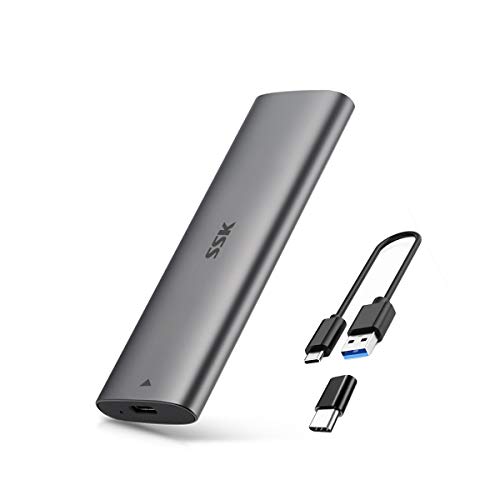
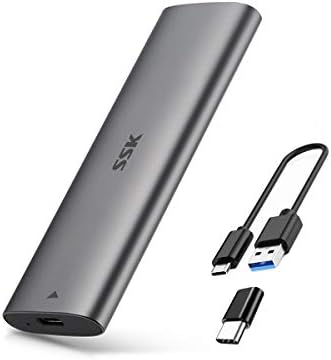
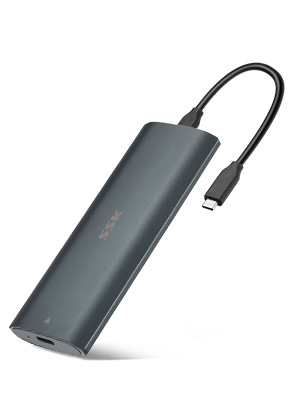
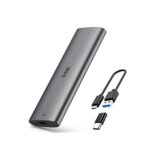
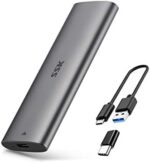
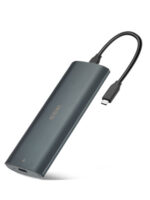
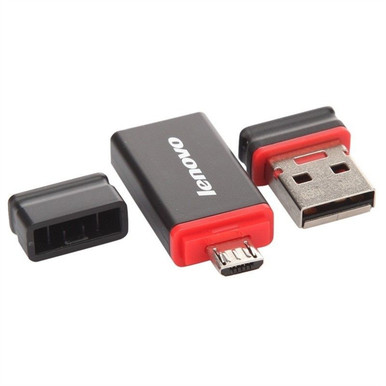
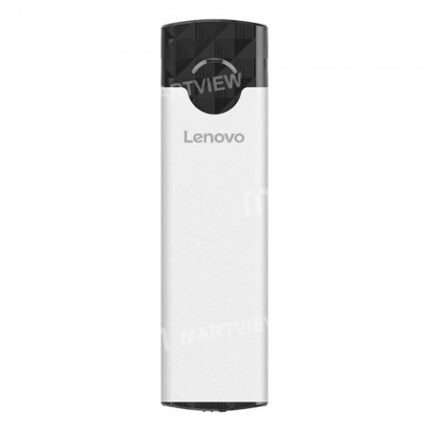




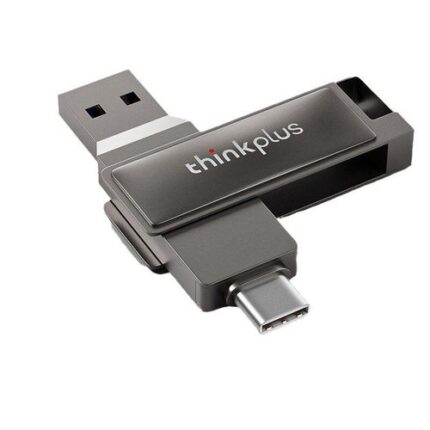
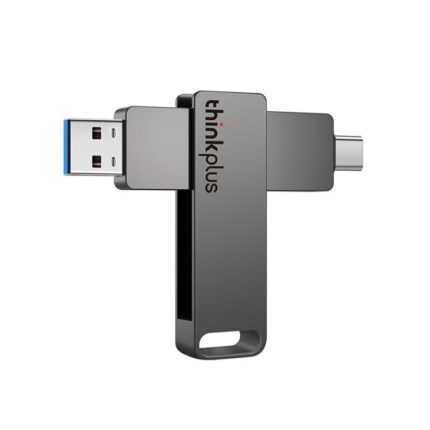


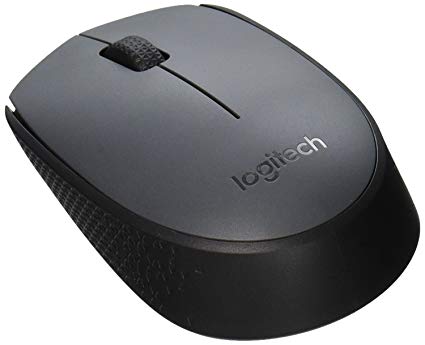
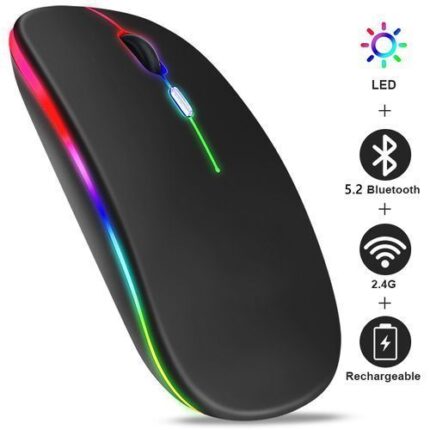
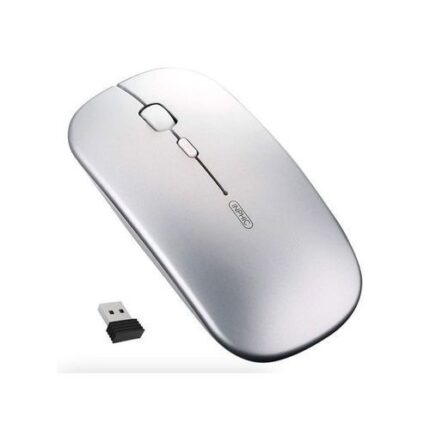
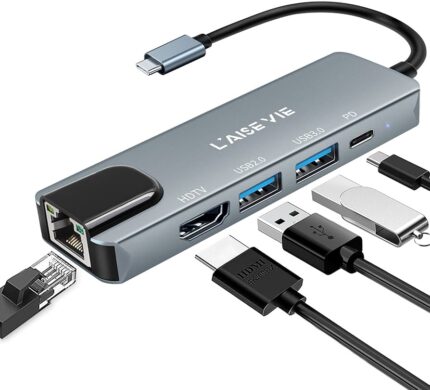
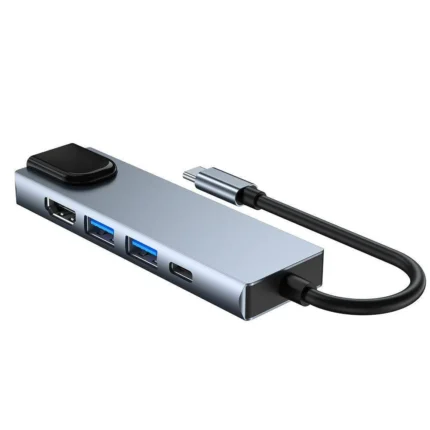
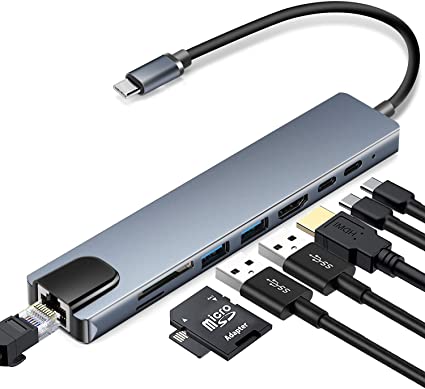
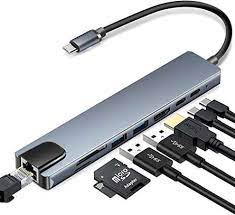
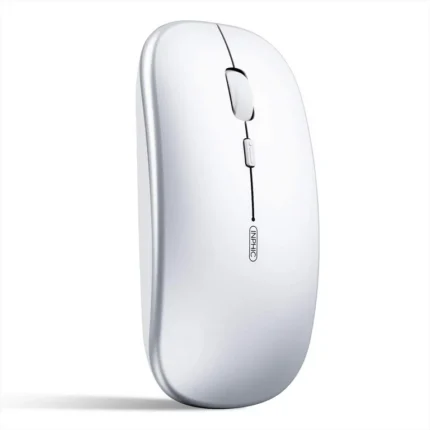
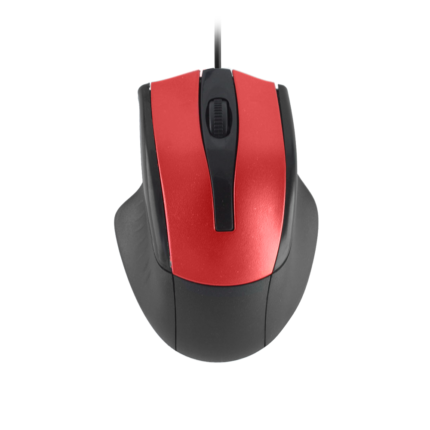
Reviews
There are no reviews yet.